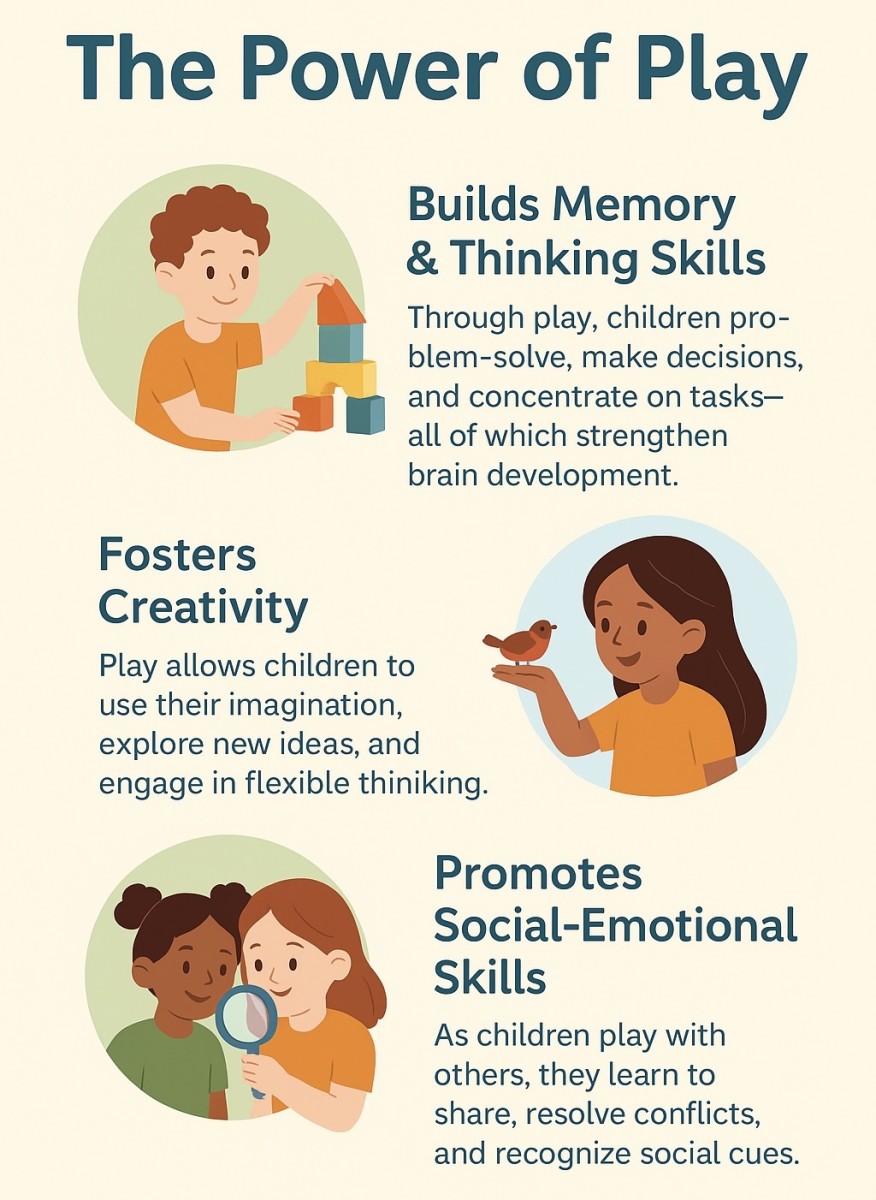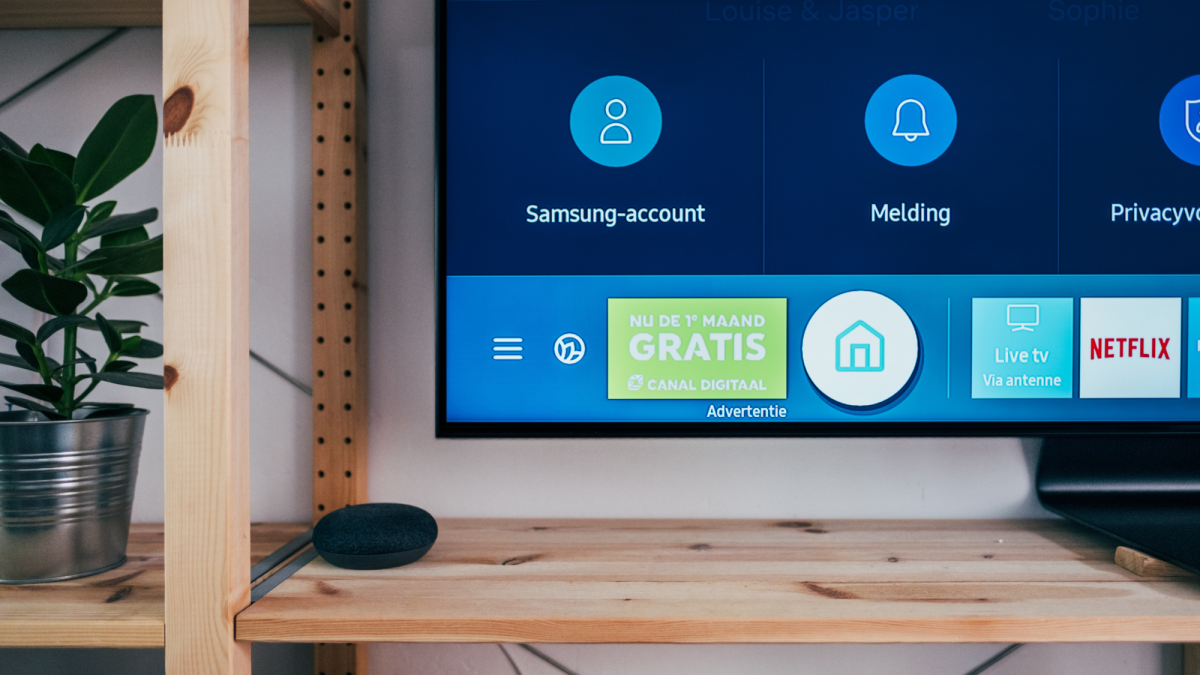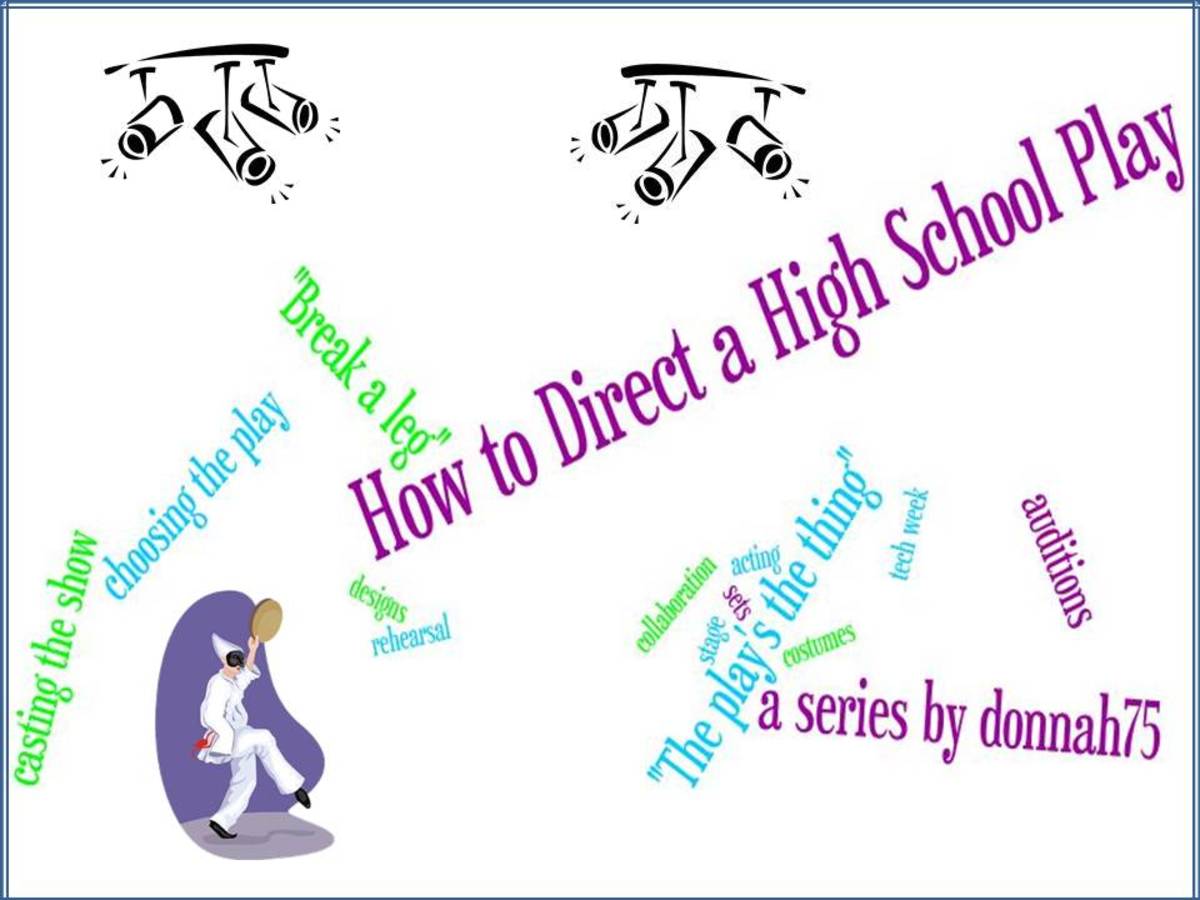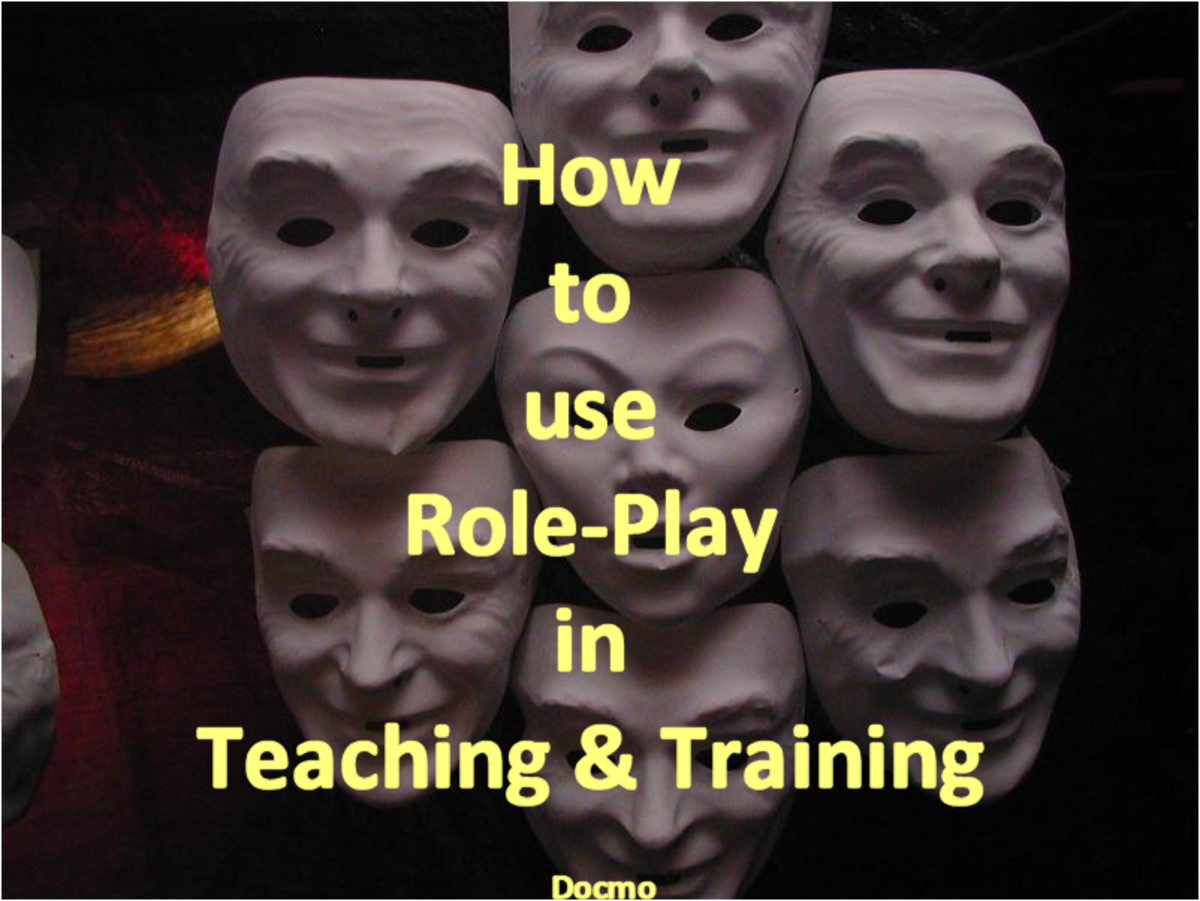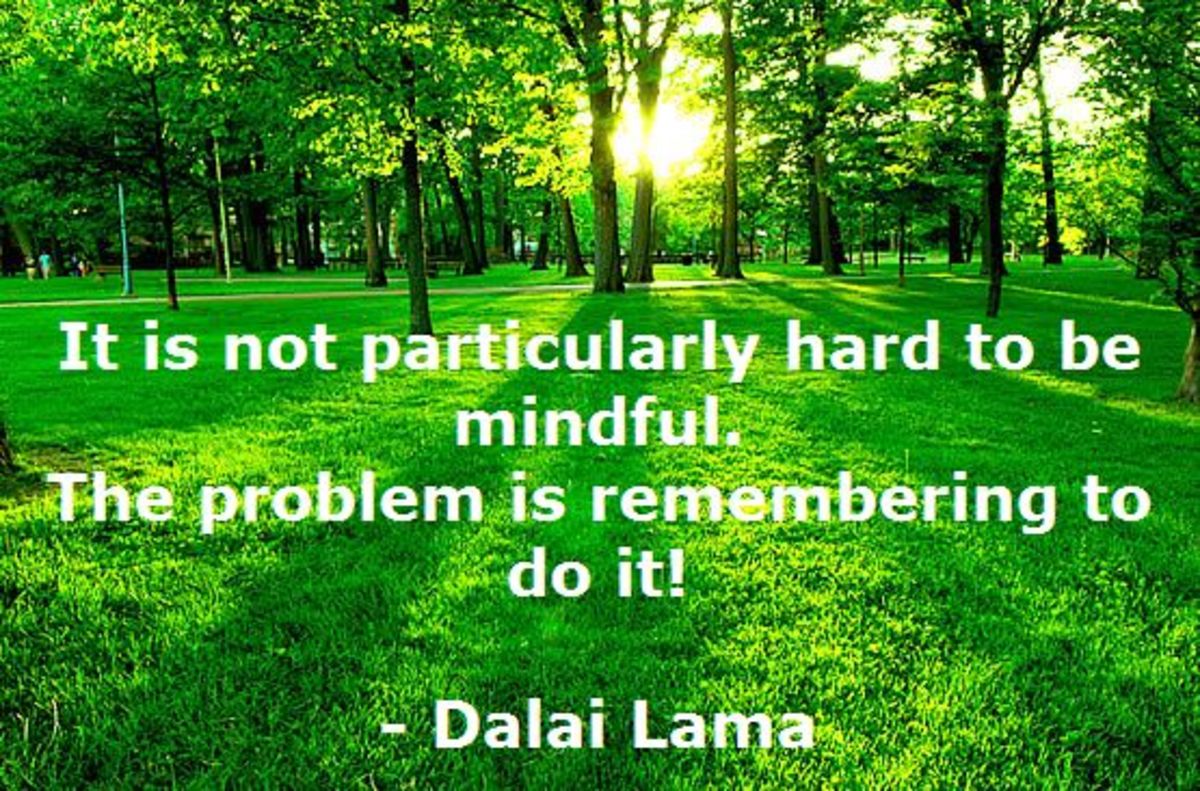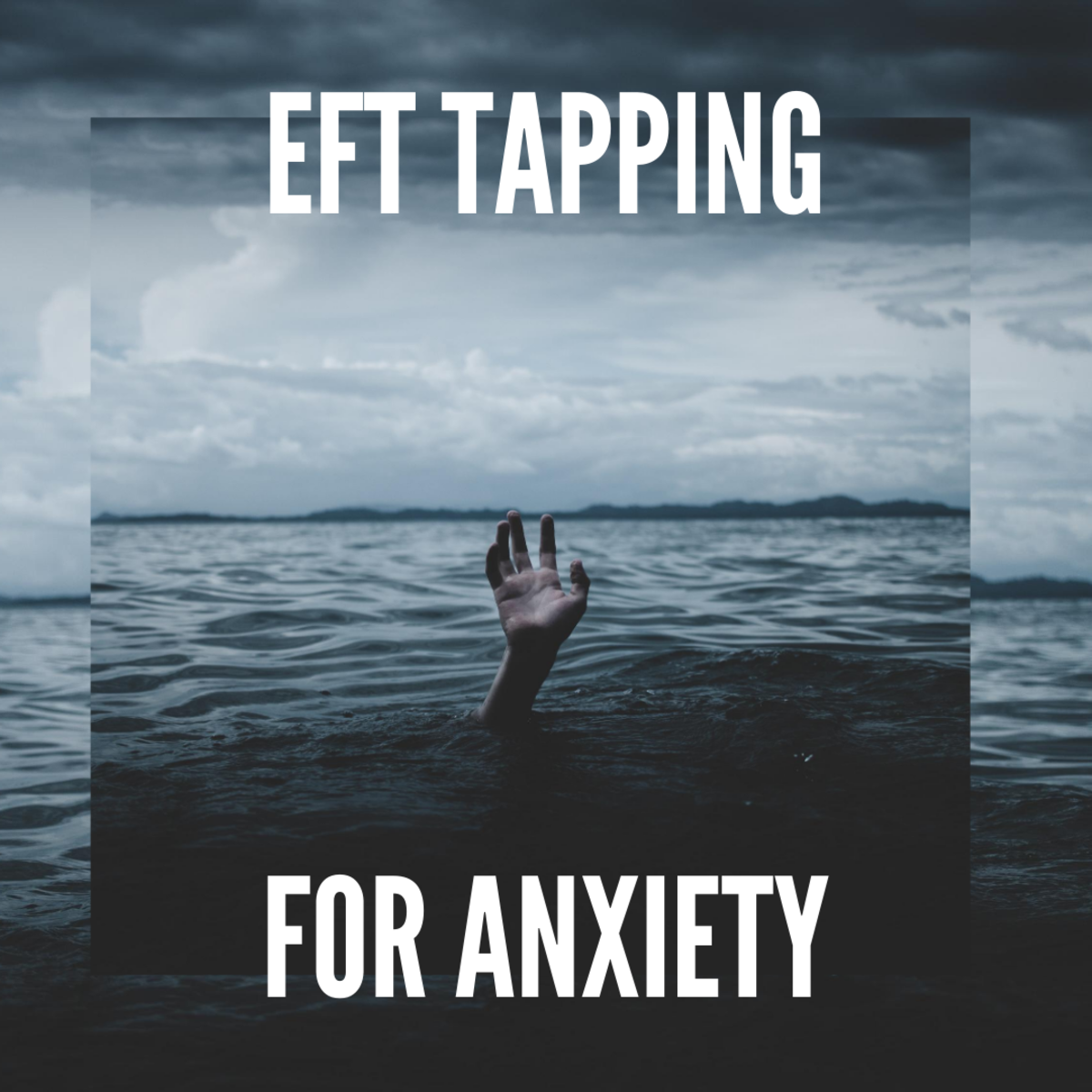How to Play
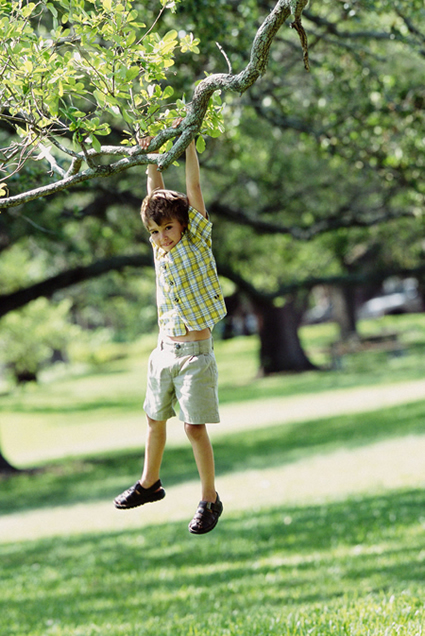
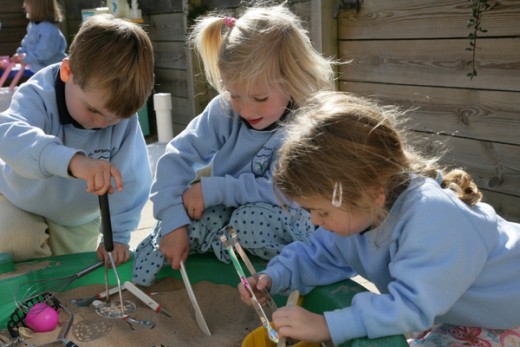
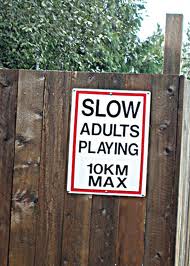
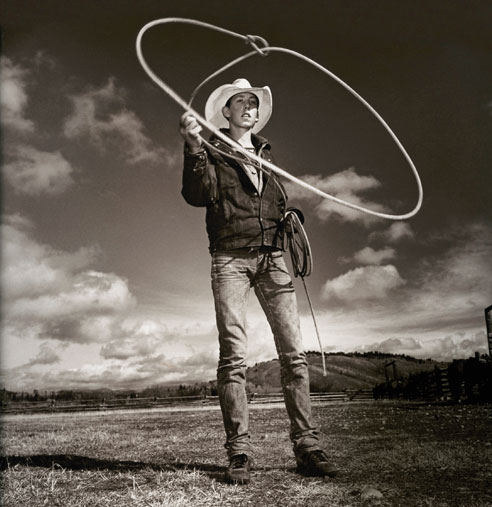

When I was a child in Texas, there was no cable, no video games and no internet. While this generation might sit around all day bored out of their minds without these things, my generation of kids were involved in a far more exciting activity--we called it....Play.
As the song goes, there was a little bit of everything in Texas--creeks, trees, crawdads, clay-consistency mud, thundershowers in the middle of a sunny day and fields of wild berries, plums, pecans and grapes. We could build castles out of mud and clay, go on adventures in a forest, ride our bikes anywhere we wanted, shoot (dare I say it) BB guns and marbles, spend the day in a treehouse, forage for wild dewberries and swing off of a rope into a creek.
Today, play is not anywhere close to that experience. If you google the word play you will most likely find a reference to a video game. Play has become virtual and the "players" find themselves often in roles where they act out scenarios in a virtual world with other "players" while mom or dad vainly tries to entice them into the real world to experience the lost art of playing.
If you are an adult, play might involve virtual worlds, but increasingly adults are finding less and less opportunities for play of any kind. In fact, you might find yourself feeling awkward or out of practice if the opportunity did arise.
I believe that one of the most important and undervalued gifts we are given in infancy is the ability and desire to play. In my hub A Giraffe is a Horse that Ran Out of Grass--How to Think Creatively I talk about the need to find your inner child as a way to think more creatively and I quote this finding: While 90% of children are found to have a high creativity level, only 2% of adults do. This is a horrifying statistic. Ninety percent of children start out with a high creativity level and by the time they reach adulthood, only 2% have retained it. What happened to it?
Recent studies are beginning to show that by structuring and controlling the play environment, we seriously hamper the God-given wonderful ability to think creatively. In our zeal to bring order out of seeming disorder, we may have cheated eighty eight per cent of adults out of their creative inheritance by corrupting the natural, instinctive desire to play.
When adults plan the
play activity and structure the outcome of playtime it is far less
effective than if children have the freedom to form their own ideas,
practice skills and use playthings at their own speed. ~ PBS The Whole Child
"free and unstructured play is healthy and - in fact - essential for helping children reach important social, emotional, and cognitive developmental milestones as well as helping them manage stress and become resilient" ~ American Academy of Pediatrics
For adults, we often trade in play for work or career. The irony is that often we sacrifice the one thing that we are working so hard to attain. I don't have time for play because I need to work very hard for a very long time so I will have enough money to stop working and have more time to play.
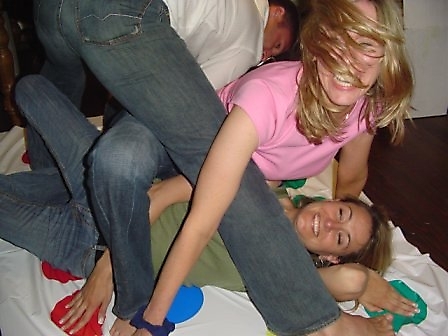
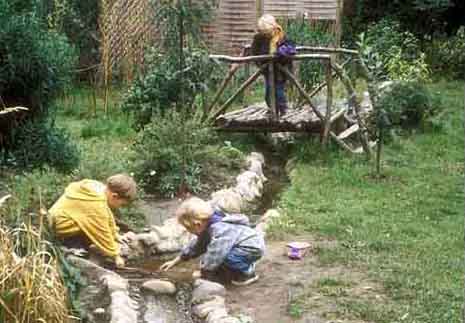
The theory and practice of playwork recognizes that children's play must be "Freely chosen, personally driven and intrinsically motivated." Children's playing must not be "Adulterated" (corrupted) by any adult or external agendas.
An example of a playwork type of environment is Adventure Playgrounds in Berkeley and Huntington Beach. Adventure Playgrounds originated in Europe after World War II, when C. Th. Sørensen, a Danish landscape architect, noticed that children preferred to play everywhere but in the playgrounds that he built. In 1931, he imagined "A junk playground in which children could create and shape, dream and imagine a reality." Why not give children in the city the same chances for play as those in the country? There are over 1000 AP's in Europe and while there are only two in the U.S., a new Adventure Playground is opening this summer in New York.
In the city where I live there is an impressive effort to supply a play/learning environment which encourages kids of all ages to recreate that spontaneity that is often missing in urban living. Called Kidspace, it features world-class exhibitry and over four acres of gardens and indoor exhibits and climbing towers "designed to encourage children to discover the excitement of learning, while engaging in the creativity of play." When the designers of the museum asked children what they wanted they said they wanted places high up where the parents couldn't go. In the extremely well done video below about some kid named Ryan's day at Kidspace, you can see the climbing structures that accomplished just that--self directed activity beyond an adult's control.
When play takes on rules and goals, often supplied by adults, the play is called a game. While manipulating play into a game may have proved effective to teach math and reading skills, we may have paid too high a price. Structuring and harnessing a child's instinctive desire to play into an institutional agenda is like killing the goose that lays the golden eggs--you may get a temporary rise in school test scores, but the long term effect may be to decrease the child's societal and problem solving skills.
During a typical day at 268 kindergartens in Los Angeles and New York, children spent two to three hours learning or being tested on literacy and math skills, but 30 minutes or less in imaginative play.
Young children work hard at play. They invent scenes and stories, solve problems, and negotiate their way through social roadblocks. They know what they want to do and work diligently to do it. Because their motivation comes from within, they learn the powerful lesson of pursuing their own ideas to a successful conclusion.Research shows that children who engage in complex forms of socio-dramatic play have greater language skills than nonplayers, better social skills, more empathy, more imagination, and more of the subtle capacity to know what others mean. They are less aggressive and show more self-control and higher levels of thinking. Animal research suggests that they have larger brains with more complex neurological structures than nonplayers.~Alliance for Childhood
Research in Germany comparing classes concentrating on early test skills with those based on play learning found that by age ten the children who had played excelled over the others in a host of ways. They were more advanced in reading and mathematics and they were better adjusted socially and emotionally in school. They excelled in creativity and intelligence, oral expression, and “industry.” ~ Linda Darling-Hammond and Jon Snyder

How to play
Everyone has their own definition of play. The Alliance for Childhood defines play as a set of behaviors that are freely chosen, personally directed, and intrinsically motivated. The one who started the Adventure Playgrounds described it as creating, shaping, dreaming
and imagining a reality of your own choosing from whatever materials you have at hand.Others add that it is imaginative and not "serious", non-stressful, and the means are more important than the ends. One even said that play involves a "magic circle" that includes secrecy and exclusion. My favorite is the idea that if you don't like the way group play is going, you can stop.
Personally Directed--If the activity you are engaging in does not allow you to leave if you are having a bad time, it is probably not play. When others control or direct you, there is no incentive for personally motivated creativity. Pick a time that is not controlled by others or your commitments. This may be harder than you think and you may have to question your priorities and perhaps even change your way of life dramatically. Many times I get ready for the day early and choose to either ride into the mountains on my bike or piddle around in my woodshop or sit in Panera to write and read and comment on the writings of others. (The restaurant chain Panera is growing 31% annually because they encourage personal choices such as Wi-Fi internet or discussion use along with chef quality food.)
Some people feel that if they ever stop pushing that everything around them will collapse. There is a story of a minister who disappeared every afternoon at the same time. His secretary finally just had to ask. "Where do you go every afternoon?" He replied: "I go down to the train crossing and watch the 2:30 train go by." "Why do you do that?" she asked. "Well at least once a day I need to see something that goes without me pushing it."
Freely Chosen--When your recreational activity begins to take on too much structure and discipline, with rigid rules about how, where and what you do, maybe it's time to pick a different activity or group. Make a list of the things that bring a smile to your face or give you satisfaction and choose one of these. I particularly enjoy going to yard sales in my area to hunt for treasures or merely to find components that form the basis for play. Sometimes I like to take furniture that people have discarded because they were broken or not in a useful form and transform it into something very desirable. One time I picked up a door and stripped down the wood and made it into a Stickley (Mission Style) end table.
Intrinsically Motivated--The Spice Girls made a hit out of the words "Tell me what you want, what you really really really want." When the worries of the world are quiet, when you don't have to be anywhere, when you don't have to please anyone--that is the time when you know if your "play" ability is working correctly. Can you? Can you rejoice in the freedom because you have so much inside that you want to do or are you a bit uncomfortable with the unstructured time? In my perfect world, there would be an element of play in every commercial and governmental enterprise. Many family oriented enterprises such as McDonalds have play areas included to attract families to eat there.
In this perfect world, places like the DMV would have play areas for all ages while you wait for your number to be called. It could be a library on the automobile or an interactive computer to generate your own personalized license plate and of course transportation museum for the kids to climb on and pretend.
Means more valued than ends--Play is one area of life where the means justify the ends. It is like the quote "Life is a journey, not a destination." When you are in play mode, you may change your goals and the rules many times because the play itself is the point, not the outcome. Our institutions, families and jobs have programmed us to have a point to our activity, to have goals that are specific, measurable, attainable, realistic and timely.
Play is rarely realistic and time usually does not matter--even attaining or measuring the goal may be far less important than the activity preceding it. When the pressure of the goal is removed, play becomes more enjoyable. When you are not a slave to the goal or the grade, play becomes more pleasurable and creative and rewarding. It is like playing poker with pennies and when the game is over, the pennies go back in the jar for the next time.
Creating, dreaming, shaping and imagining--Do you have a place in your home for creativity? Is there a table on which you can draw or construct things? Are there materials or references to aid you? I believe every home should have a creativity incubater. A drawer or a box full of all kinds of materials and components can be far more stimulating than a drawer full of toys. When I was ten, my Dad who was a mechanical electrician working on military jets, left me a tackle box full of every sort of electrical and mechanical parts. Since then, whenever I was fixing or constructing something and was missing a part, I would go to this magic box and almost always find what I needed.
Paper suppliers will sell a wide roll of paper which you can mount on a tent type easel with a tray below to hold markers and stencils etc. Keeping fresh batches of clay around or lego's or building pieces allows creativity to blossom. Musical instruments of every kind attract experimentation.
- The Preschool Years - What We Should Be Teaching In Early Childhood
There are so many different theories regarding early childhood education and what is most important for a young child to learn. - Dance Like the Whole World's Watching
Please send me your last pair of shoes, worn out with dancing as you mentioned in your letter, so that I might have something to press against my heart. ~Johann Wolfgang von Goethe A rhythm begins in your... - Alaska Native Games
An interesting site I found describes native Alaskan games. I imagine having such long days could make for some interesting outdoor games. - BEST CHILDREN'S TOYS OF ALL TIME - EDUCATIONAL AND FREE
Allowing children the great museum that is filled with the simple and free things in life, not only expands their horizons in ways most kids today don't experience, but it allows them to get in touch with themselves and their creative minds. It allow

